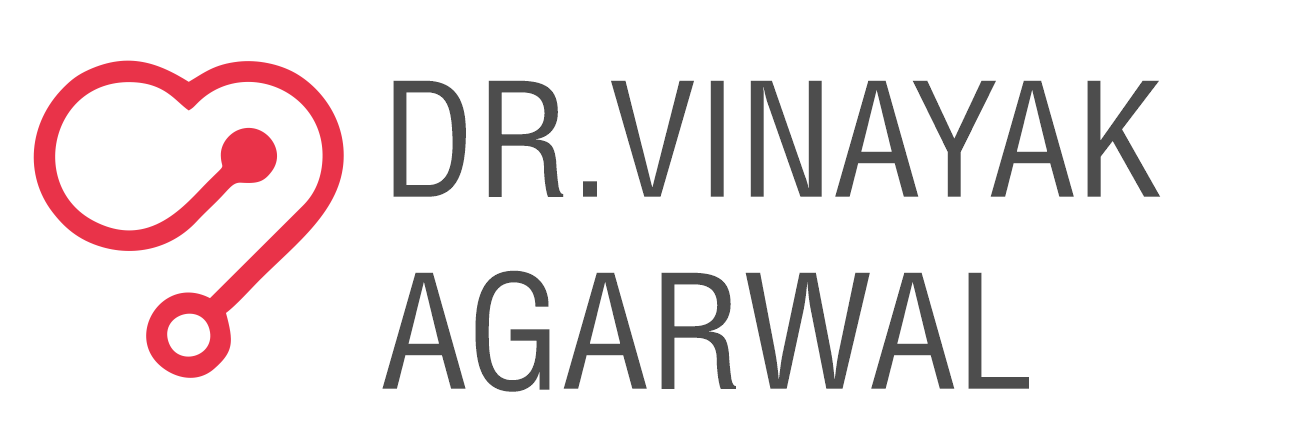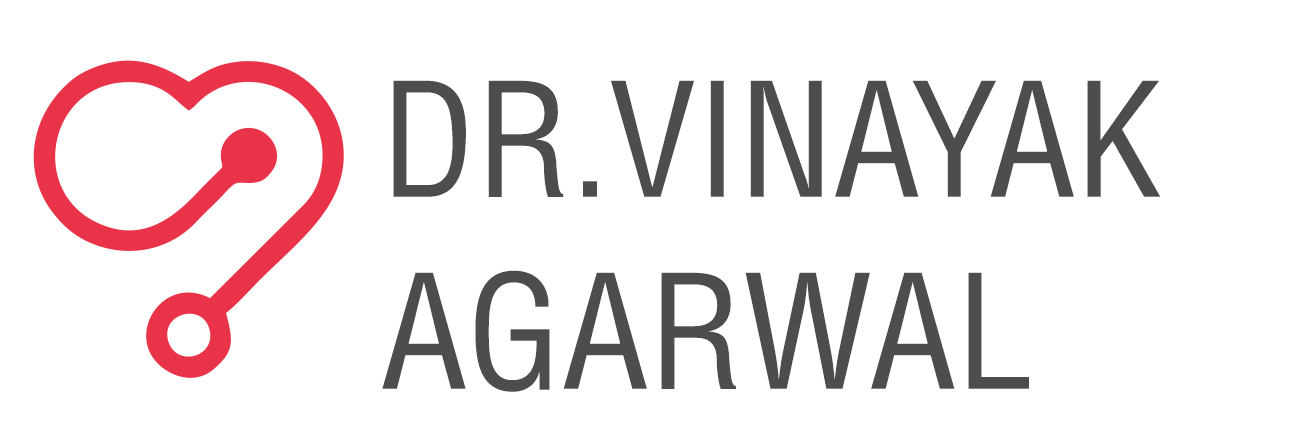In recent years, artificial intelligence (AI) has revolutionised various sectors, and healthcare is no exception. Among the numerous advancements, AI-driven coronary plaque assessments stand out as a groundbreaking development in cardiology. This blog aims to inform and engage cardiologists, medical researchers, and health tech enthusiasts about the latest advancements in cardiovascular diagnostics, particularly focusing on the strong agreement between AI-based assessments and Intravascular Ultrasound (IVUS).
What is a Coronary Plaque Assessment?
Coronary plaque assessment is crucial for diagnosing and managing cardiovascular health. Traditionally, this has been performed using methods like angiography and IVUS. IVUS, in particular, has been the gold standard due to its high-resolution imaging of the coronary arteries. However, IVUS is invasive and costly, which limits its widespread use.

The Role of AI in Cardiology
AI-powered assessments offer a revolutionary approach to diagnosing and managing cardiovascular health. Utilising machine learning algorithms and advanced imaging techniques, these tools can analyse coronary plaques with remarkable accuracy. The recent research findings show a strong
agreement between AI-based assessments and IVUS, marking a significant leap in precision medicine.
“This is a really excited area right now, where we can use AI to process the CT images and pull in a new wealth in data, This is something that today takes a long time to do manually. But this is going to be the future, where with every coronary CTA, we will be able to provide a very detailed report about how much plaque someone has. Ultimately, this will tell us the amount of risk a patient has and the amount of benefit a patient might get from preventive therapies.” Dr Vinayak Agarwal
Why is This Important?
The ability to accurately assess coronary plaque non-invasively has numerous benefits:
- Reduced Invasiveness: Patients can avoid the risks associated with invasive procedures.
- Cost-Effectiveness: Lower costs make it accessible to a broader range of patients.
- Efficiency: Faster diagnosis allows for quicker decision-making and treatment.
Research Findings
Strong Agreement with IVUS
Recent studies have demonstrated that AI-driven coronary plaque assessments show strong agreement with IVUS. This is a crucial finding as it validates the accuracy of AI-based methods. For cardiologists, this means they can rely on AI to provide high-precision diagnostics, thereby enhancing patient care.
Precision Medicine
The role of AI in precision medicine cannot be overstated. By offering detailed and accurate assessments, AI enables tailored treatment plans that are specific to each patient’s condition. This personalised approach is the future of healthcare, promising better outcomes and improved patient satisfaction.
Wider Applications in Healthcare
Beyond Cardiology
The success of AI in coronary plaque assessments opens the door for its application in other areas of healthcare. From oncology to neurology, the potential for AI to transform diagnostics and treatment is immense. For medical researchers and health tech enthusiasts, this is an exciting area of ongoing exploration.
Conclusion
AI-driven coronary plaque assessments represent a significant advancement in the field of cardiology. The strong agreement with IVUS validates their accuracy, making them a reliable tool for cardiologists. As we continue to explore and integrate AI in healthcare, the future looks promising for both medical professionals and patients.





